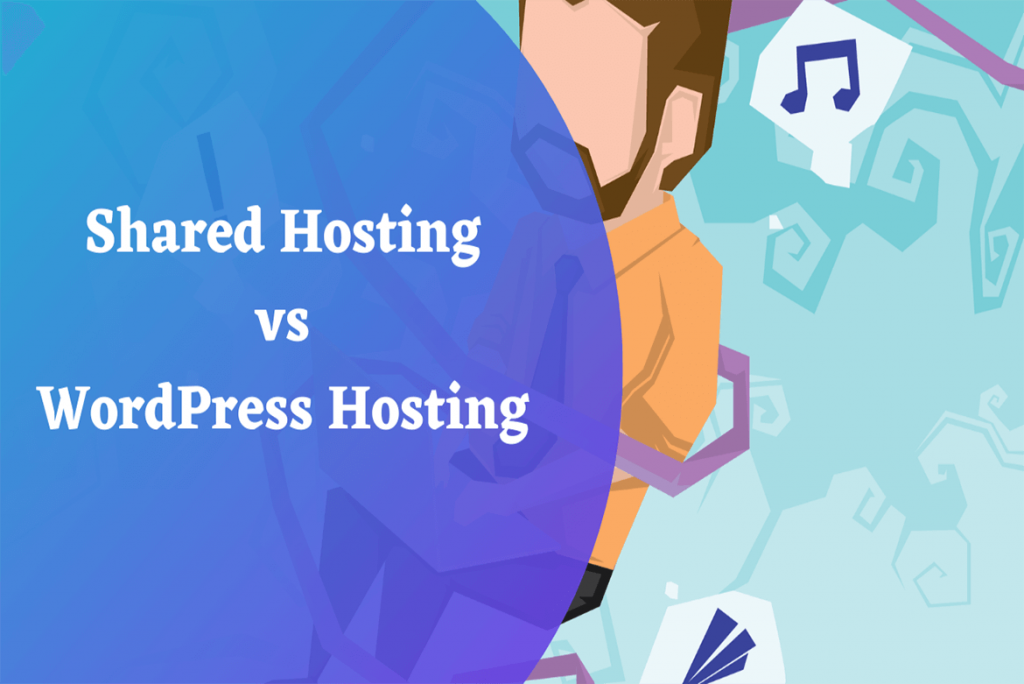Choosing the right web hosting service is a crucial decision for anyone looking to establish an online presence. Whether you’re a small business, a blogger, or an e-commerce giant, the web hosting service you choose can significantly impact your website’s performance, security, and overall success. This article delves into the best web hosting services available in 2025, providing a detailed analysis to help you make an informed decision.
Types of Web Hosting
– Shared Hosting
Shared hosting is the most cost-effective option, where multiple websites share a single server’s resources. It’s ideal for beginners or small websites with low traffic but can struggle with performance issues when traffic spikes.
– VPS Hosting
Virtual Private Server (VPS) hosting offers a middle ground between shared and dedicated hosting. It provides more control and better performance by partitioning a single server into multiple virtual servers.
– Dedicated Hosting
Dedicated hosting provides an entire server exclusively for your website. This option offers maximum control, security, and performance but comes at a higher cost, making it suitable for large enterprises with significant traffic.
– Cloud Hosting
Cloud hosting leverages multiple servers to host your website, ensuring better reliability and scalability. It’s an excellent choice for websites with variable traffic patterns, as resources can be adjusted on demand.
– WordPress Hosting
Specialized for WordPress websites, this hosting option is optimized for WordPress performance, including pre-installed WordPress software, enhanced security, and customer support specifically tailored to WordPress issues.
Key Factors to Consider while choosing web hosting
Server Uptime and Reliability
Uptime is critical as it determines how often your website is accessible. Look for hosts with a minimum of 99.9% uptime guarantee.
Speed and Performance
Website loading speed is crucial for user experience and SEO. Hosting providers should offer solid-state drives (SSDs), content delivery networks (CDNs), and other performance-enhancing technologies.
Customer Support
24/7 customer support is essential, especially for beginners. Look for providers offering multiple support channels, including live chat, phone, and email.
Security Features
Security is paramount in today’s digital landscape. Ensure your host provides SSL certificates, DDoS protection, regular backups, and malware scanning.
Pricing and Value
While cost is important, value for money is key. Compare features and performance relative to the price to find a hosting service that fits your budget without compromising on quality.
Top Web Hosting Providers
Bluehost
Bluehost is a popular choice for beginners, offering affordable plans with robust features, including a free domain for the first year, SSL certificate, and 24/7 support.
SiteGround
SiteGround is renowned for its excellent customer support and high-performance hosting, making it a preferred choice for professionals and small businesses.
HostGator
HostGator offers flexible plans and a user-friendly interface, making it a solid choice for all types of websites. It’s particularly known for its scalability and uptime guarantees.
InMotion Hosting
InMotion Hosting is known for its high-quality performance and extensive features, including free site migrations, backups, and SSD storage, catering to businesses of all sizes
A2 Hosting
A2 Hosting is celebrated for its speed-optimized servers and developer-friendly features, making it ideal for tech-savvy users who demand top-tier performance.
DreamHost
DreamHost offers a range of hosting options with strong security features, excellent customer support, and a commitment to privacy, making it a trusted provider.
Comparison of Features
- Uptime and Performance Comparisons
All the listed providers offer at least 99.9% uptime, but SiteGround and A2 Hosting lead in performance, especially in speed and reliability. - Pricing Comparisons
Bluehost and HostGator offer the most affordable entry-level plans, while InMotion and SiteGround offer premium features at a higher price point. - Security Features Compared
DreamHost and SiteGround excel in security, offering comprehensive features like daily backups, free SSL, and advanced firewall protection. - Customer Support Quality
SiteGround and InMotion Hosting are consistently praised for their customer support, offering 24/7 assistance through various channels with quick response times.
Expert Insights on Web Hosting
According to industry experts, one common mistake is underestimating the importance of customer support. As Brad Smith, a web hosting expert, points out, “The quality of customer support can make or break your experience with a hosting provider. Always choose a host with a strong support team.”
Case Studies
Successful Websites and Their Hosting Choices
Many successful websites, such as WPBeginner, choose Bluehost for its reliability and ease of use, while e-commerce sites often prefer SiteGround for its performance under heavy traffic.
Analysis of Hosting-Related Failures
Some businesses have suffered due to poor hosting choices, particularly those who opted for cheaper, unreliable services that led to frequent downtimes, ultimately losing revenue and customer trust.
Emerging Trends in Web Hosting
Green Hosting
With the increasing focus on sustainability, green hosting options that use renewable energy sources are becoming more popular.
Managed Hosting Services
Managed hosting, where the provider takes care of all technical aspects, including updates, security, and backups, is gaining traction, especially among small businesses and non-technical users.
AI and Machine Learning in Web Hosting
AI and machine learning are being integrated into hosting services to enhance security, optimize resource allocation, and predict potential issues before they occur.
Practical Tips for Choosing a Web Host
How to Assess Your Hosting Needs
Consider the nature of your website, expected traffic, and required features before choosing a host. For example, a personal blog may only need shared hosting, while a growing e-commerce site might benefit from VPS or dedicated hosting.
Understanding Terms and Conditions
Always read the fine print, especially regarding renewal rates, bandwidth limitations, and terms of service to avoid unexpected costs or restrictions.
Tips for Negotiating Better Hosting Deals
Don’t hesitate to negotiate with hosting providers, especially if you’re signing up for longer terms. Many companies offer discounts or added features when you ask for a better deal.
Conclusion
Choosing the right web hosting service is vital for the success of your online presence. By understanding the different types of hosting, key factors to consider, and the top providers available, you can make an informed decision that best suits your needs. Whether you’re a beginner or a seasoned professional, the right web host can provide the foundation for your website’s success.
FAQs Top Web Hosting Providers?
What is web hosting, and why is it necessary?
Web hosting is a service that allows you to publish your website on the internet. It stores your website’s files on a server and makes them accessible to users online.
What is the difference between shared and dedicated hosting?
Shared hosting involves multiple websites sharing the same server, making it more affordable but less powerful. Dedicated hosting provides an entire server for your website, offering better performance but at a higher cost.
How important is server location for hosting?
Server location can affect your website’s loading speed. Choosing a server close to your target audience can improve performance and user experience.
Web hosting is a service that allows you to publish your website on the internet. It stores your website’s files on a server and makes them accessible to users online.
Shared hosting involves multiple websites sharing the same server, making it more affordable but less powerful. Dedicated hosting provides an entire server for your website, offering better performance but at a higher cost.
Server location can affect your website’s loading speed. Choosing a server close to your target audience can improve performance and user experience.



